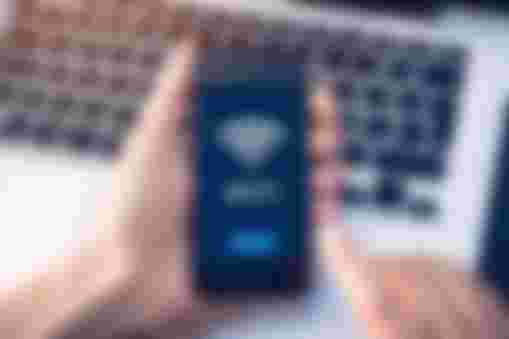Public Wi-Fi aren't Secured
Wireless Fidelity hotspots are everywhere. Thanks to technology for bringing us so close to internet communication. In coffee shops, libraries, airports, hotels, universities, and other convenient public places, they are everywhere but often not secure. I guess because they are free and can be a medium for the servers to get information from users. If you connect to a friend’s Wi-fi network, you can possibly share files together or one of the admin, the same thing could happen when connected to public Wi-fi. Through websites or mobile apps, you can communicate information that may be seen by others. Users commit a typical error when utilizing these free internet services. Here are some guidelines for using free Wi-Fi safely when you’re out and about.
Wi-Fi in Public Is Not Secure
When you’re at home, you can take precautions to keep your wireless network safe. These include using a strong router password, restricting the devices that can connect to your network, and turning on encryption, which encrypts the data you send over the internet into a code that nobody else can decipher. But there isn’t much you can do to manage the network security when utilizing the Wi-Fi at your local coffee shop.
Why is it important? Other users on the network can see what you see and send if the network is insecure and you log into an unencrypted site or a site that only utilizes encryption on the sign-in page. They might use your session as a ruse to log in. It might be so easy because new hacking tools are readily available online for free, which makes it straightforward even for those with little technological expertise. Your login credentials, contact information, family photos, sensitive documents, and personal information may all be at risk.
Additionally, a con artist could use your account to test your usernames and passwords on other websites, including those that save your financial information, or to impersonate you and con individuals on your contact lists. Your identity could be stolen if a scammer obtains your personal or financial information.
You can also be sharing your data with the organizations offering the public Wi-Fi when you log on. Many public Wi-Fi hotspots, like those in hotels and airports, may also ask you to install a “digital certificate” before you can access their internet. They might do this to check for viruses, but it also gives them access to view your traffic, even if it is going to a site that uses https (which encrypts information).
But even in public, there are precautions you can do to safeguard your information.
You can take certain steps to keep your data secure when using public Wi-Fi, even if there isn’t much you can do to make a public Wi-Fi network more secure:
Securely connect to websites. You have a secure connection to the website if the web address contains the letters https. But utilizing https does not imply that a website is trustworthy. Site encryption is a skill that scammers possess. They’ve started including https on their websites because they are aware that users automatically assume a website’s security. Your information is therefore encrypted as it travels to the website, but it won’t be secure against criminals running that website.
Think about utilizing a VPN app. Encryption is a feature that certain virtual private networks, or VPNs, offer. Before downloading a VPN program, find out more about them and what to know.

Making use of your mobile data.
Typically, your mobile data is secured. Use your mobile data instead of Wi-Fi if you’re on the go, can’t access a secure website, and don’t have VPN encryption. Since it can be difficult to determine whether an app is encrypted, this is a useful alternative when entering personal information into it.
Observe the cautions. Before you visit a phishing website or download harmful software, many web browsers warn you. Don’t disregard such cautions. Additionally, keep your security software and browser up to date.
Thank you for your time once again.
@Celynjasmine
Lead image taken from pixabay
